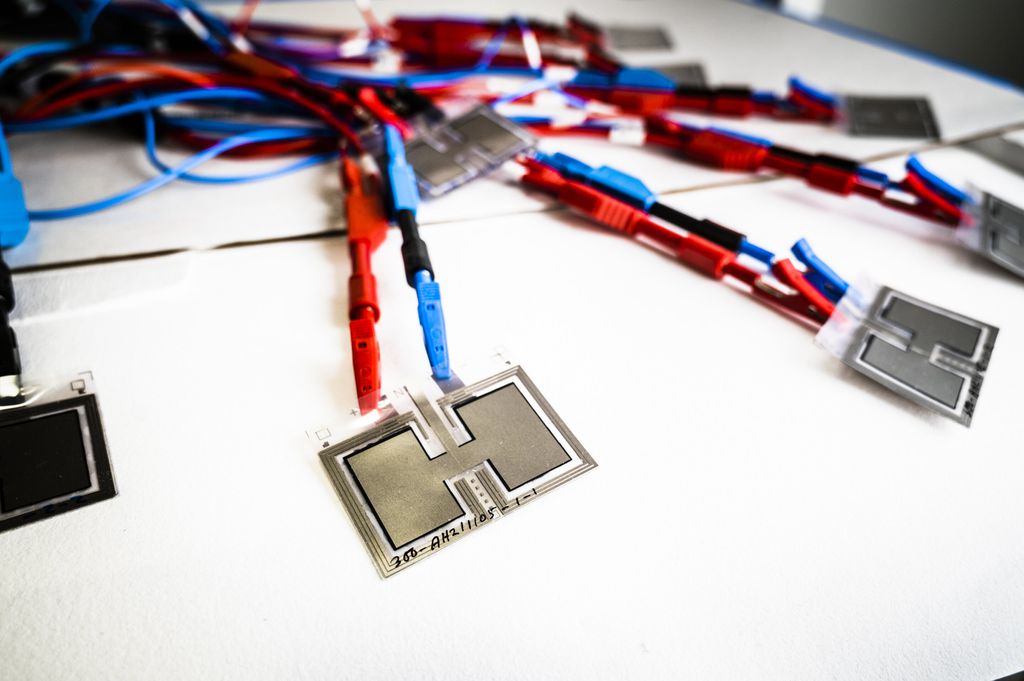Using electrodes made from laminated wood and a water-based electrolyte, researchers at Linköping University in Sweden have created a new type of efficient organic battery that doesn’t catch fire or explode like the batteries we currently know are lithium-ion based. Best of all, this new energy storage technology is cheaper and more sustainable, which can cost the end user less and degrade nature less.
The battery technology has already been patented and will be marketed by Ligna Energy AB, which has already received the award for best “Startup for Climate” during the recent COP26 meeting in Glasgow.
Efficient
Professor Xavier Crispin and his colleagues at the Organic Electronics Laboratory at Linköping University have developed a concept of large-scale energy storage that is safe, cheap and sustainable. The potential output power is high enough for the technology to maintain the energy balance in the electricity supply.
“Our results allow for the safe and environmentally sustainable storage of organic energy with a high power density, 5 kW/kg, where the electrodes are manufactured from wood-based material in a printing press. We must, however, increase the energy density: our organic batteries are better than normal supercapacitors and have about the same performance as lead-acid batteries. But lithium-ion batteries are better,” says Xavier Crispin.
The electrolyte here is seen in the form of a gel, while the black base is a large area lignin electrode coated in a metal sink.
Organic electrodes
The wonderful results presented on the new battery turn into two discoveries: a new type of water-based electrolyte and electrodes made from lignin, which is an inexpensive, readily available by-product of papermaking. The researchers developed a polyelectrolyte that consists of a highly concentrated water-based polymer, potassium polyacrylate, along with biopolymer lignin (as the positive electrode) and polyimide mixed with conductive carbon (as the negative electrode).
“The voltage drop, which measures self-discharge, is less than 0.5 V in 100 hours, which is a world record for energy storage with organic electrodes in water-based electrolytes,” says Xavier Crispin.
Cheaper
The new technology for this type of battery uses cheap raw material: neither lignin, carbon nor polyelectrolyte cost more than USD 1 / kg (BRL 5.60 at today’s price). They are also readily available and non-flammable materials, and the technology can be extended to large batteries. It is a sustainable solution for secure, large-scale energy storage.
